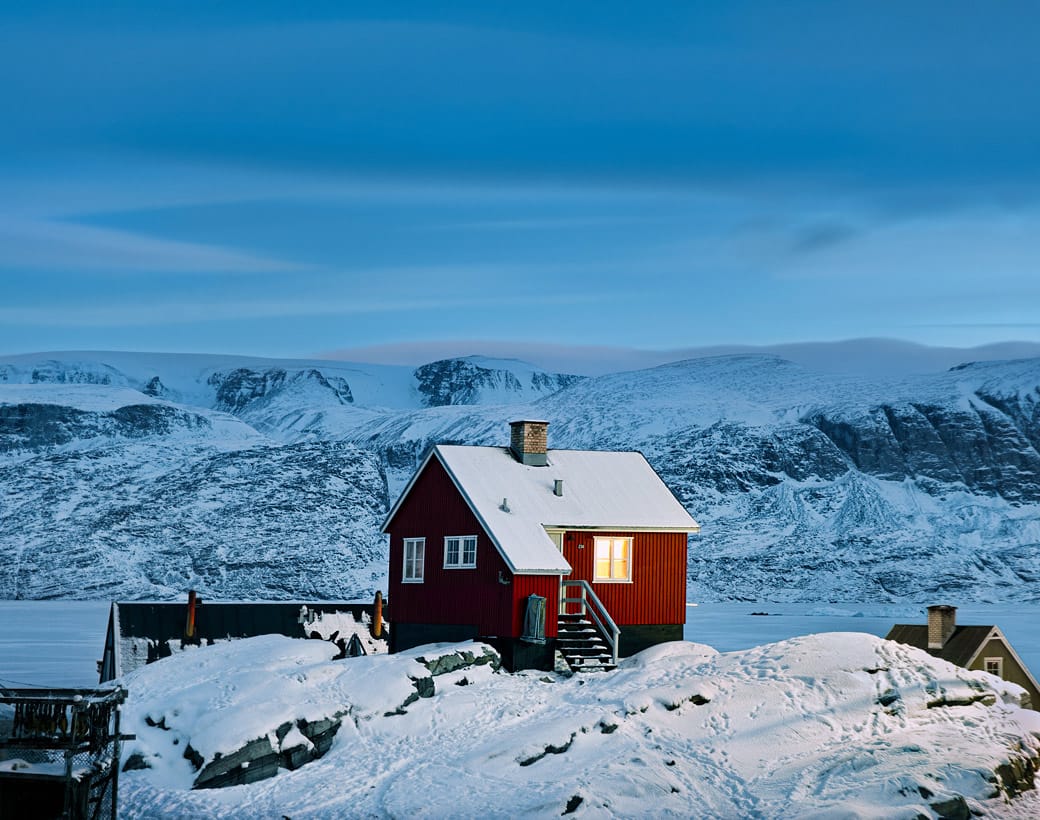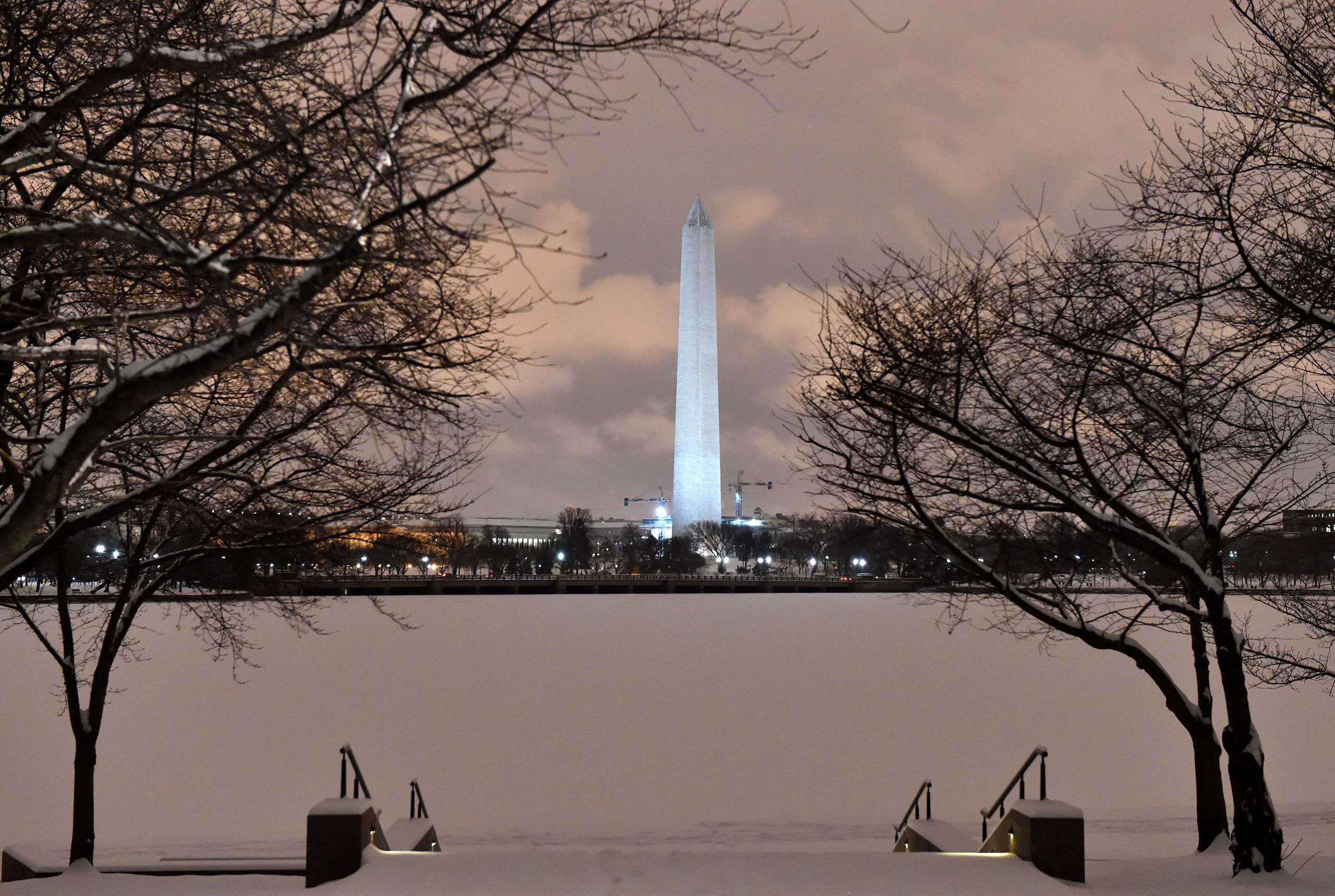In a recent statement, U.S. Senator JD Vance of Ohio has drawn attention to the potential for economic and strategic deals in Greenland, a territory that has garnered increasing interest from various nations due to its rich natural resources and strategic location in the Arctic. Vance’s comments reflect a broader trend of heightened geopolitical focus on the Arctic region, which is undergoing significant changes as a result of climate change and shifting global dynamics.
Greenland, an autonomous territory within the Kingdom of Denmark, is known for its vast ice sheets, mineral resources, and potential shipping routes that are becoming more accessible as ice melts. The region’s significance has been underscored by various countries, including the United States, China, and Russia, all of which are vying for influence in the Arctic. Vance’s remarks come at a time when the U.S. is reassessing its foreign policy priorities in light of these developments.
During a recent interview, Vance emphasized the importance of establishing a strong U.S. presence in Greenland. He noted that the territory’s resources, including rare earth minerals and potential oil reserves, could play a crucial role in bolstering the U.S. economy and reducing dependence on foreign sources. Vance’s perspective aligns with a growing recognition among policymakers that the Arctic is not only a region of environmental concern but also one of strategic importance.
The senator’s comments also highlight the potential for collaboration with Denmark, which governs Greenland. Vance suggested that the U.S. could work closely with Danish officials to explore opportunities for investment and development in the territory. This approach could foster stronger ties between the two nations while also addressing the economic needs of Greenland’s residents.
In recent years, the Arctic has become a focal point for international diplomacy, with various nations seeking to assert their interests in the region. The melting ice has opened up new shipping routes, making it easier for countries to access resources and trade with one another. As a result, the Arctic is increasingly viewed as a new frontier for economic development and geopolitical competition.
Vance’s advocacy for a deal in Greenland is not without precedent. In 2019, former President Donald Trump expressed interest in purchasing Greenland, a proposal that was met with skepticism and ultimately dismissed by Danish officials. However, the conversation surrounding Greenland’s future has continued, with various stakeholders exploring ways to enhance cooperation and investment in the region.
The senator’s remarks also come against the backdrop of growing concerns about climate change and its impact on the Arctic. As temperatures rise, the region is experiencing significant environmental changes, including melting glaciers and shifting ecosystems. These changes not only pose challenges for local communities but also create opportunities for resource extraction and economic development.
Vance’s focus on Greenland reflects a broader trend among U.S. lawmakers to prioritize Arctic policy. In recent years, there has been a push for increased funding for Arctic research and development, as well as greater attention to the needs of Indigenous communities in the region. By advocating for a deal in Greenland, Vance is positioning himself as a proponent of a proactive U.S. approach to Arctic affairs.
As discussions about Greenland’s future continue, it is essential for policymakers to consider the implications of increased U.S. involvement in the region. While there are potential economic benefits, there are also significant environmental and social considerations that must be addressed. Engaging with local communities and respecting their rights will be crucial in any future agreements.
In conclusion, JD Vance’s assertion that there is a deal to be made in Greenland underscores the growing importance of the Arctic in global geopolitics. As nations navigate the complexities of climate change and resource competition, Greenland stands out as a key player in the evolving landscape. Vance’s comments may serve as a catalyst for further discussions about the U.S. role in the Arctic and the potential for collaboration with Denmark and Greenland’s residents.



